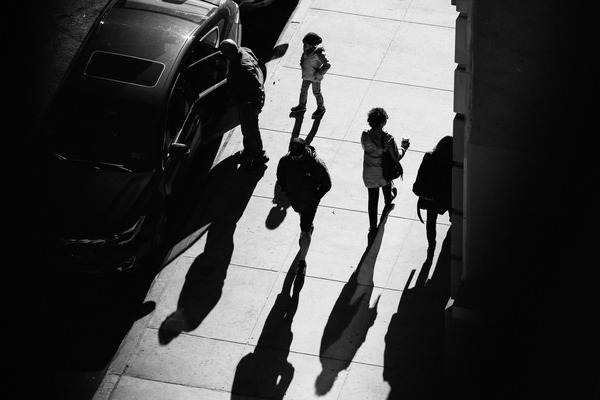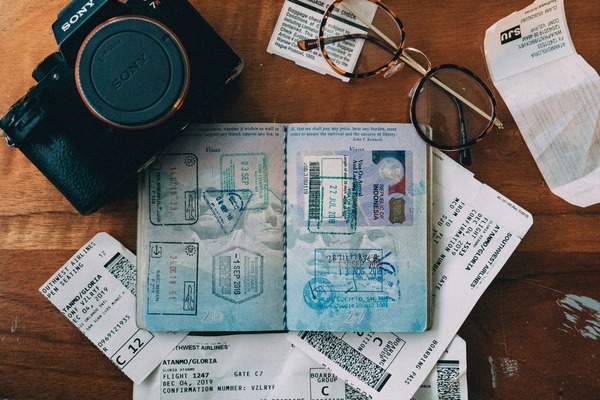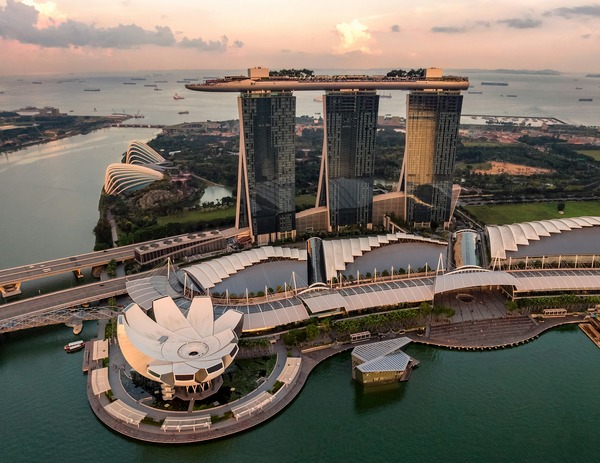
When it comes to Singapore citizenship, where does one begin when technically, you’re not Singaporean? Well, not officially. But I’ve spent more than a decade of my life here. Long enough to remember when Waterway Point was still under construction, when the Downtown (Blue) Line was being unveiled station by station, and when Grab was just starting. I’ve studied here, built a career here, fallen in and out of love, and somewhere along the way, started calling this city my own.
Let me start with a bit of context. My family migrated to Singapore around 15 years ago, drawn—as many families are—by the promise of better opportunities. Back then, they framed it as a practical move. My father had landed a job in the shipping industry, and Singapore seemed safe, and promising to my parents. As a child, however, I experienced it quite differently. It wasn’t about prospects or long-term planning, it was about change, in all its disorienting forms. I had already grown accustomed to moving around, so another shift in geography didn’t seem entirely foreign. And yet, I remember the early years vividly: puzzling over unfamiliar school uniforms, still tripping over Singlish, figuring out how to navigate a hawker centre without embarrassing myself.

But as the years went by, Singapore grew on me, not in the obvious, firework-lit grandeur of National Day celebrations, but in the quiet rhythm of everyday life that got me going. Somewhere along the way, I stopped feeling like a visitor. I wasn’t just residing in Singapore, I was living it…
Just last month, I did something I never quite imagined I’d do when I first arrived: I applied for Singapore citizenship. It wasn’t a decision I made lightly, nor was it one born out of mere sentiment. I’ve spent the better part of my life here, not just passing through, but growing up alongside the city itself. Now, as I look ahead, it’s the only place where I can realistically and meaningfully imagine building a future. That’s partly what nudged me towards applying for citizenship. The other part? My parents, ever the pragmatists, were quick to point out the practicalities. “You’ll need it for your career,” they said. “For your CPF, your housing, your future. And it’ll make travelling easier.” They aren’t wrong.

Still, feelings don’t fill out forms. And apart from my sentiments about Singapore, my legal status remained in limbo; as a Permanent Resident (PR), not a citizen. It’s a subtle distinction, but one that makes itself known in unexpected ways. Every time I apply for something—a job, and even certain government schemes—I’m reminded, ever so gently, that I am not entirely of this place.
Every year, Singapore welcomes roughly 22,000 new citizens. According to the National Population and Talent Division (NPTD), the average number of new citizenships granted in recent years hovered just above 22,000 annually, alongside over 32,000 new permanent residencies. It’s a small figure in global terms, but a significant one for a country this size. These numbers aren’t just statistics; these are people with stories not unlike mine, stories of transition, trust, and the tension of not quite belonging, and then maybe, finally, starting to.

Singapore isn’t a country that takes its social fabric lightly. Everything from housing to education, healthcare to hawker culture, is carefully managed. That comes with both privileges and pressures. For a permanent resident, there’s some benefits. You might be able to work, rent, even settle down but there’s a point where the scaffolding ends. Buying a flat, securing certain jobs, or enrolling your child in a local school becomes trickier. The fine print of belonging becomes clearer. In many ways, applying for citizenship isn’t just a question of belonging, it’s a question of access.
So, to those wondering why a “non-local” should write about something as intrinsic as Singaporean citizenship, I’d say: because I’m right in the thick of it. I’ve straddled the line between guest and resident for years. And now, as I wait—weeks, maybe months—for ICA’s decision, I’m not just anxious, I’m hopeful. I hope the years I’ve spent here and the life I’ve built will matter. More than that, I hope conversations like this can broaden what it means to be Singaporean.

But what does it really mean to be “from” elsewhere? Is it a matter of years spent? Cultural fluency? Of language, of food, of shared references? Or is it something less tangible? An emotional tether, a sense of rootedness that defies logic?
That’s the complexity I want to explore but that will have to be in the next issue. We’ll delve into not just the practicalities behind it, but the deeper, messier feelings of place, identity, and longing that come with trying to belong. Because becoming a citizen isn’t just about changing your passport. It’s a personal reflection.